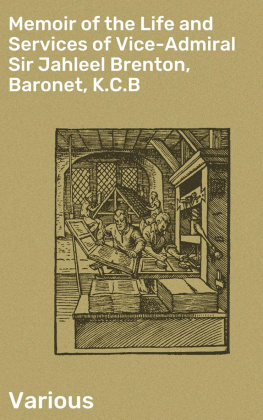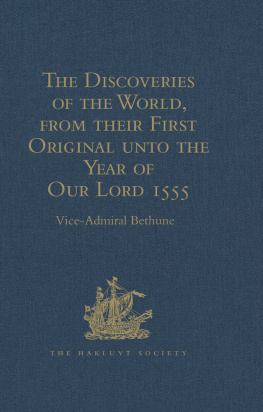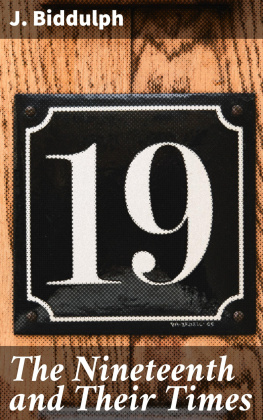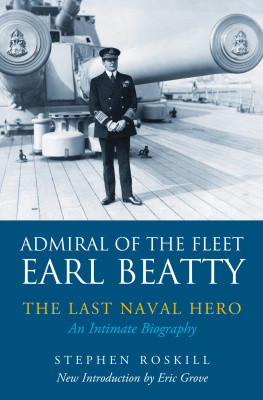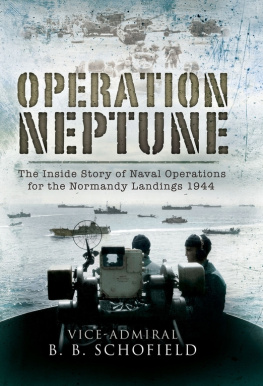PREFACE
It is with great diffidence that I lay this memoir before the public; it is my first experience in such work, but my reasons for so doing appear to me unanswerable. It was to my care and judgment that my father, by his will, committed his letters and journals, and my heart confirms the judgment of my mind, that his active and interesting life, so varied in the many different positions he was called upon to fill, and the considerable part he played in the affairs of his time, deserve a fuller record than the accounts to be found in biographical works of reference.
It has been a labour of love to me to supply these omissions in the following pages, and to present in outline the life of a capable, energetic Englishman, for whom I can at least claim that he was a loyal and devoted servant of his Sovereign and his country.
In fulfilling what I hold to be a filial obligation I have made no attempt to give literary form to a work which, so far as possible, is based upon my father's own words. Primarily it is addressed to his grandchildren and great-grandchildren, to whom, I trust, it may serve as an inspiration; but I have also some hope that a story which touches the national life at so many points may prove of interest to the general public. I am greatly indebted to my son, Mr. Adeane, and to my son-in-law, Mr. Bernard Mallet, for the help and encouragement they have given me; and I have also to acknowledge the assistance of Mr. W. B. Boulton in editing and preparing these papers for publication.
ELIZABETH PHILIPPA BIDDULPH.
LEDBURY: January 1910.
LIST OF PORTRAITS
CHARLES PHILIP, FOURTH EARL OF HARDWICKE From a painting by E. U. Eddis
THE HONBLE. CHARLES YORKE SOLICITOR-GENERAL From a painting by Allan
Ramsay (?)
SIR JOSEPH SYDNEY YORKE As A MIDSHIPMAN, R.N. From a painting by George
Romney
SIR JOSEPH SYDNEY YORKE As A LIEUTENANT, R.N. from a painting by George
Romney
CHARLES PHILIP, FOURTH EARL OF HARDWICKE From a chalk drawing by E. U.
Eddis
SUSAN, COUNTESS OF HARDWICKE From a chalk drawing by E. U. Eddis
CHAPTER I
THE YORKE FAMILY
The family of Yorke first came into prominence with the great Chancellor Philip Yorke, first Earl of Hardwicke. This remarkable man, who was the son of an attorney at Dover, descended, it is claimed, from the Yorkes of Hannington in North Wiltshire, a family of some consequence in the fifteenth and sixteenth centuries, was born in that town in the year 1690, and rose from a comparatively humble station to the commanding position he held so long in English public life.
My object in this chapter is to recall some of the incidents of his career and of those of his immediate successors and descendants.
Philip Yorke was called to the bar in 1715, became Solicitor-General only five years later, and was promoted to be Attorney-General in 1723. In 1733 he was appointed Lord Chief Justice of England, and received the Great Seal as Lord Chancellor in 1737, and when his life closed his political career had extended over a period of fifty years.
Lord Campbell, the author of the 'Lives of the Chancellors,' 'that extraordinary work which was held to have added a new terror to death, and a fear of which was said to have kept at least one Lord Chancellor alive,' claimed to lay bare the shortcomings of the subjects of his memoirs with the same impartiality with which he pointed out their excellences. He mentions only two failings of Lord Chancellor Hardwicke: one, that he was fond of acquiring wealth, the other, that he was of an overweening pride to those whom he considered beneath him. Neither of these is a very serious charge, and as both are insufficiently corroborated, one may let them pass. He acquired immense wealth in the course of his professional career, but in an age of corruption he was remarked for his integrity, and was never suspected or accused of prostituting his public position for private ends. In his capacity of Attorney-General Lord Campbell remarks of him:
'This situation he held above thirteen years, exhibiting a model of perfection to other law officers of the Crown. He was punctual and conscientious in the discharge of his public duty, never neglecting it that he might undertake private causes, although fees were supposed to be particularly sweet to him.'
But it was as a judge that he won imperishable fame, and one of his biographers observes: [Footnote: See Dictionary of National Biography.] 'It is hardly too much to say that during his prolonged tenure of the Great Seal (from 1737 to 1755) he transformed equity from a chaos of precedents into a scientific system.' Lord Campbell states that 'his decisions have been, and ever will continue to be, appealed to as fixing the limits and establishing the principles of that great juridical system called Equity, which now, not only in this country and in our colonies, but over the whole extent of the United States of America, regulates property and personal rights more than ancient Common Law.'
He had a 'passion to do justice, and displayed the strictest impartiality; and his chancellorship' is 'looked back upon as the golden age of equity.' The Chancellor is said to have been one of the handsomest men of his day, and 'his personal advantages, which included a musical voice, enhanced the effect of his eloquence, which by its stately character was peculiarly adapted to the House of Lords.' [Footnote: Ibid.]
This is not the place for an estimate of Lord Hardwicke's political career, which extended over the whole period from the reign of Queen Anne to that of George III, and brought him into intimate association with all the statesmen of his age. It was more especially as the supporter of the Pelham interest and the confidant and mentor of the Duke of Newcastle that he exercised for many years a predominant influence on the course of national affairs both at home and abroad. During the absence of George II from the realm in 1740 and subsequently he was a member, and by no means the least important member, of the Council of Regency. 'He was,' writes Campbell, 'mainly instrumental in keeping the reigning dynasty of the Brunswicks on the throne'; he was the adviser of the measures for suppressing the Jacobite rebellion in 1745, he presided as Lord High Steward with judicial impartiality at the famous trial of the rebel Lords, and was chiefly responsible for the means taken in the pacification of Scotland, the most questionable of which was the suppression of the tartan! Good fortune, as is usually the case when a man rises to great eminence, played its part in his career. He had friends who early recognised his ability and gave him the opportunities of which he was quick to avail himself. He took the tide at its flood and was led on to fortune; but, as Campbell justly observes, 'along with that good luck such results required lofty aspirations, great ability, consummate prudence, rigid self-denial, and unwearied industry.' His rise in his profession had undoubtedly been facilitated by his marriage to Margaret Cocks, a favourite niece of Lord Chancellor Somers, himself one of the greatest of England's lawyer-statesmen. There is a story that when asked by Lord Somers what settlement he could make on his wife, he answered proudly, 'Nothing but the foot of ground I stand on in Westminster Hall.' Never was the self-confidence of genius more signally justified than in his case. Not only was his own rise to fame and fortune unprecedently rapid, but he became the founder of a family many of whose members have since played a distinguished part in the public and social life of the country. By Margaret Cocks he had, with two daughters, five sons, the eldest of whom enhanced the fortunes of the family by his marriage with Jemima, daughter of the Earl of Breadalbane, heiress of Wrest and the other possessions of the extinct Dukedom of Kent, and afterwards Marchioness Grey and Baroness Lucas of Grudwell in her own right. Of his next son Charles, the second Chancellor, something will presently be said. Another son, Joseph, was a soldier and diplomatist. He was aide-de-camp to the Duke of Cumberland at Fontenoy; and afterwards, as Sir Joseph Yorke, Ambassador at the Hague. He died Lord Dover. A fourth son, John, married Miss Elizabeth Lygon, of Madresfield. The fifth son, James, entered the Church, became Bishop of Ely, and was the ancestor of the Yorkes of Forthampton. I had the luck many years ago to have a talk with an old verger in Ely Cathedral who remembered Bishop Yorke, and who told me that he used to draw such congregations by the power of his oratory and the breadth of his teaching, that when he preached, all the dissenting chapels in the neighbourhood were closed!




